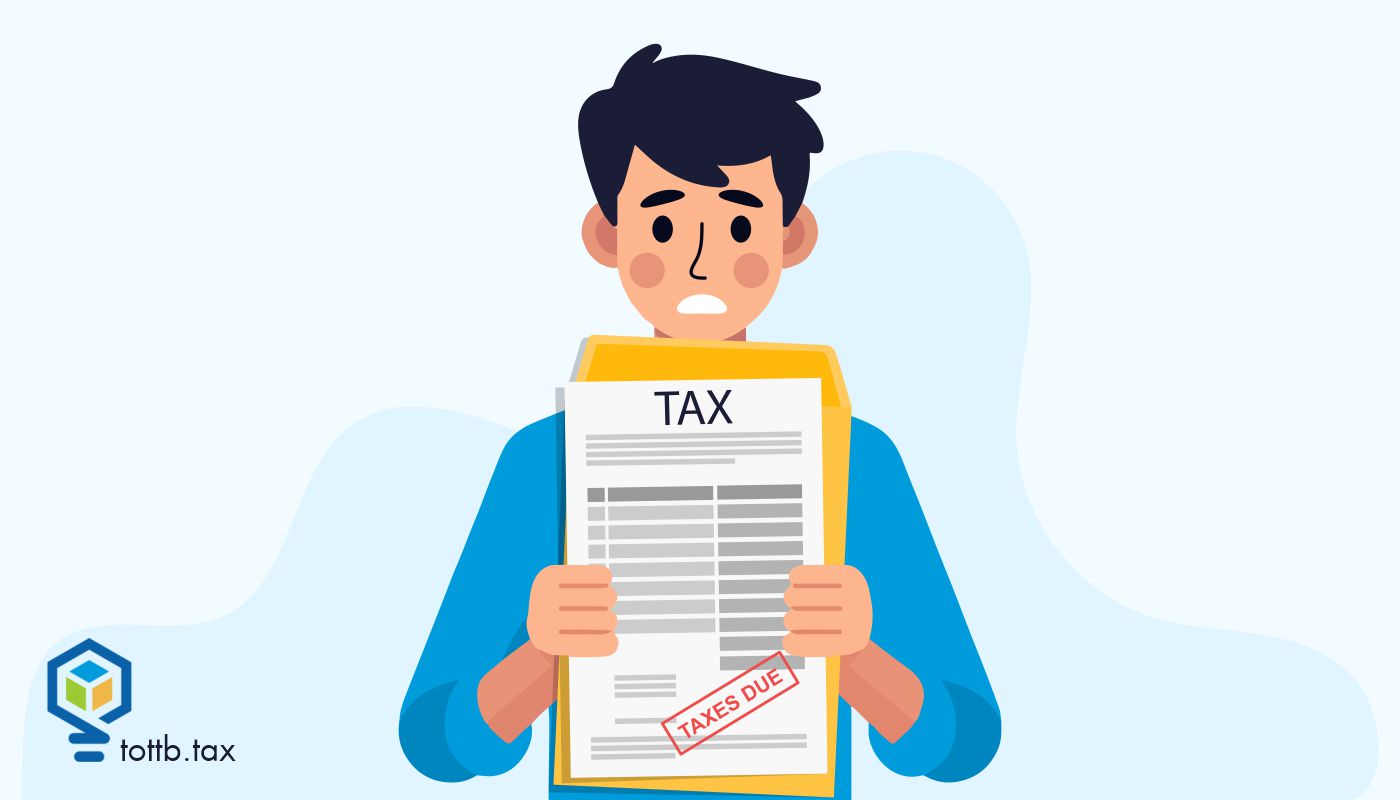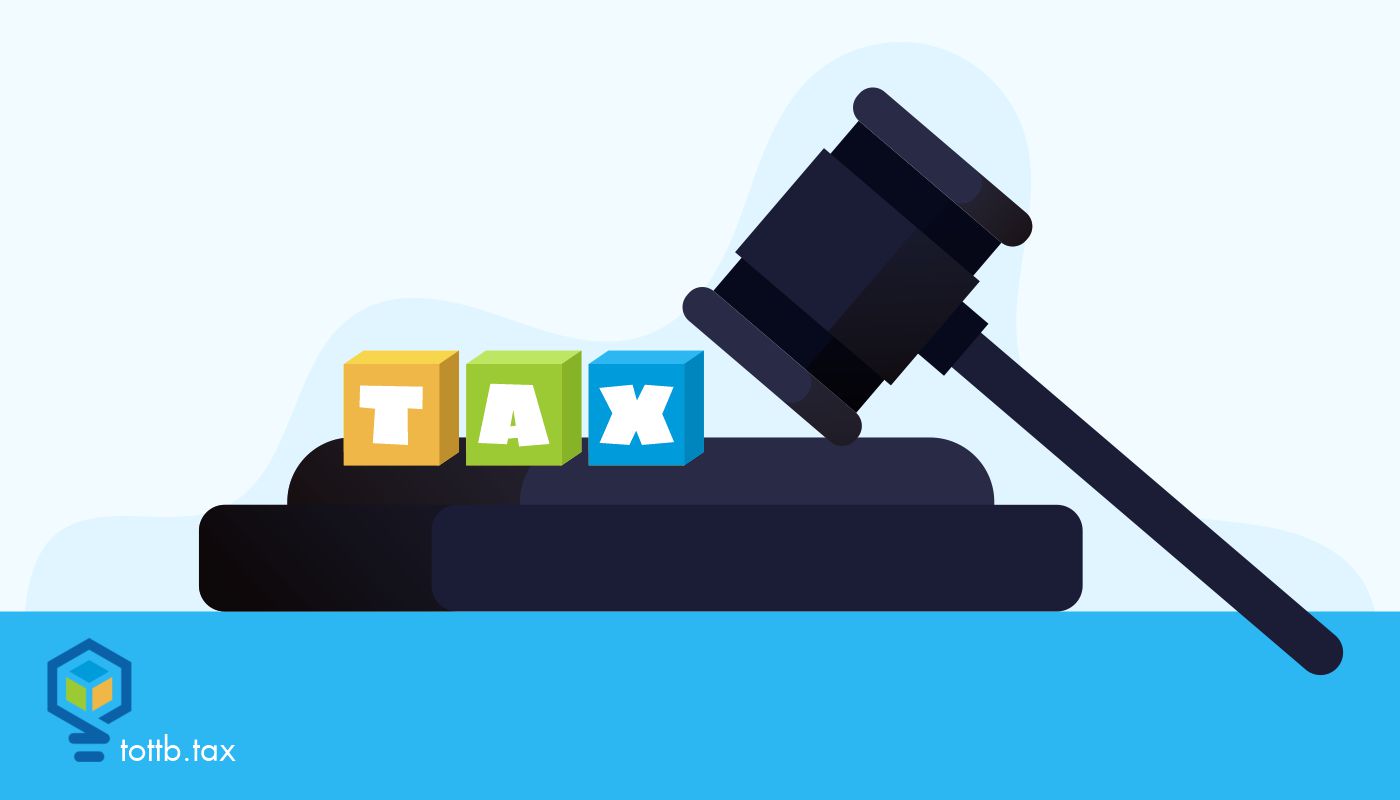LOOKING FOR LEGAL WAYS
TO REDUCE TAX?
New tax reduction strategies carefully explained and exhaustively researched every two weeks. Receive breaking news updates on tax law changes. Members only monthly AMA with TOTTB.tax.
WE PUBLISH TAX STRATEGIES FOR…
FEATURED CONTENT
Reporting Cannabis on a Federal Return: A Very Basic Primer
You can find new cannabis dispensaries or head shops on every corner in my neighborhood. But purchase and sale of marijuana has not been legalized on the federal level. What’s an ethical tax professional to do, when your client walks in with the news that they’ve started a cannabis business in your state? Read on to find out!
Read MoreCURRENT EDITION

Lessons Learned from the Tax Court: The Root of the Issue
When is a business really a business? As Supreme Court Justice Potter Stewart said in 1964, “I know it when I see it.” The US Tax Court, however, maintains a slightly less subjective standard. The Roots were pretty sure they were running a bona fide business; the IRS, however, didn’t share the sentiment. And since we’re reading about them in a segment called “Lessons Learned,” one should assume it did not go the way the Roots would have liked.

The Lessons From The Supreme Court Zuch Opinion
There is a great scene in the movie On The Basis Of Sex. The actors portraying Ruth Bader Ginsburg and her husband, Martin Ginsberg, a very high-level tax attorney, early in their careers are reading in separate rooms. He comes in with something he wants her to read and she snaps that she doesn’t read Tax Court cases. In that moment she showed her future as a Supreme Court Justice. Not many Tax Court cases reach the Supreme Court. So when one does it’s exciting. And, as it happens, Commissioner of Internal Revenue v Zuch contains some practical lessons worth considering.

Fractional Art Investing Is Real — How To Advise Your Clients On The Tax Consequences
In mid-November a portrait of a young Vietnamese woman by the artist Gustav Klimt, which was part of the estate of the late Leonard Lauder (the cosmetics billionaire), was sold at a Sotheby’s auction for $236.4 million. It set the record for the most expensive work of modern art ever sold at auction according to Bloomberg. That’s probably out of reach for most of our clients. But what if they could join together to buy an interest in the painting with an entity holding the asset? That’s the idea behind the burgeoning fractional art market. While, in general, the art market has been struggling for a few years, the fractional art market has been expanding. According to the website Digital Original, “Fractional art ownership is no longer a niche concept – it’s a growing investment trend that’s accessible, flexible, and supported by cutting-edge technology.” What, you may be asking, does this have to do with taxes? It may be more than you think for your high-net-worth clients. As a trusted advisor it’s important that you are aware of both the types of investment opportunities your clients may be buying into and the tax consequences.
SIMPLIFIED TAX STRATEGIES &
PRACTICAL IMPLEMENTATION
Think Outside the Tax Box provides tax reduction strategies along with practical
implementation advice in order to reduce your clients’ federal tax bill with ease.







